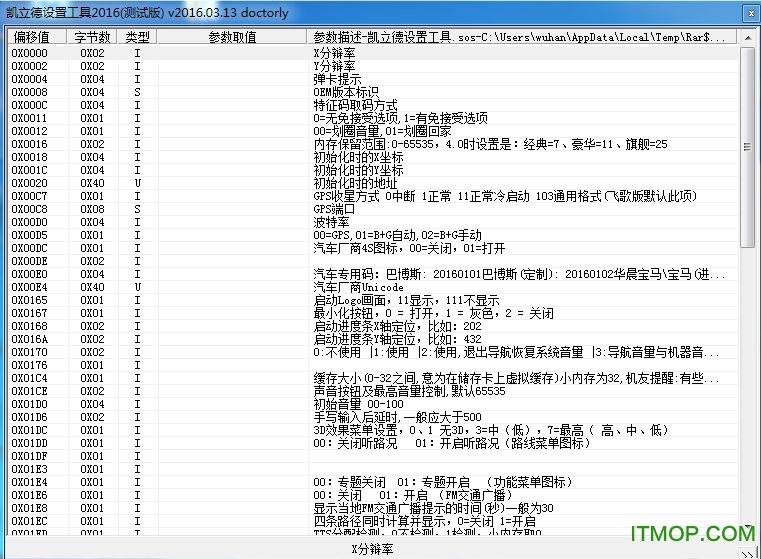

“DNSCrypt is faster (over UDP, which other options don’t support) and slightly safer than DoH. Jedisct1, the developer of DNSCrypt, wrote ( ) : The article states regarding Secure DNS, “Two standards, DNS-over-TLS or DNS-over-HTTPS fall under the category.”. Now You: Which privacy and security extensions or settings do you use in your browser? Note that Secure DNS supports other servers if you don't want to use Cloudflare for that. Secure DNS: Search for and set it to 2.Load about:config in the Firefox address bar.Here is a short list of instructions on setting up Secure DNS and Encrypted SNI in Firefox:

You may check out our Secure DNS setup guide for Firefox here. Two of the features are still in development and testing though: The only browser that supports all four of the features at the time is Firefox. Designed to address the shortcomings of ESNI. Encrypted Client Hello - Replaced ESNI.Encrypted SNI encrypts the bits so that only the IP address may still be leaked. ISPs or organizations, may record sites visited even if TLS and Secure DNS is used.

Anyone listening to network traffic, e.g.
Encrypted SNI - Server Name Indication, short SNI, reveals the hostname during TLS connections. TLS 1.3 - The latest version of the TLS protocol that features plenty of improvements when compared to previous versions. DNSSEC - Designed to verify the authenticity of DNS queries. Two standards, DNS-over-TLS or DNS-over-HTTPS fall under the category. Secure DNS - A technology that encrypts DNS queries, e.g. Here is a short description of each of the features: It tests whether Secure DNS, DNSSEC, TLS 1.3, and Encrypted SNI are enabled. The test is straightforward: connect to the test page using your browser and hit the run button on the page to run the test. Note: The test is maintained by Cloudflare the company designed Encrypted SNI which the test checks for among other things. Browsing Experience Security Checkīrowsing Experience Security Check tests a web browser's capabilities in regards to security and privacy features. New technologies, such as Secure DNS or Cloudflare's own encrypted Server Name Indication (SNI) are designed to address leaks caused by DNS queries. The push to using HTTPS on the Internet ensured that much of the data that is transferred between a user's browser or program and Internet sites is encrypted. a browser or media client, and also the system configuration. Whether that is successful or not depends on the program used to connect to Internet sites, e.g. While the majority seems indifferent, some try their best to implement protective mechanisms to eliminate or at least reduce what companies and maybe even State actors may find out about them when they use the Internet. For a subset of Internet users, privacy is of uttermost importance.







 0 kommentar(er)
0 kommentar(er)
